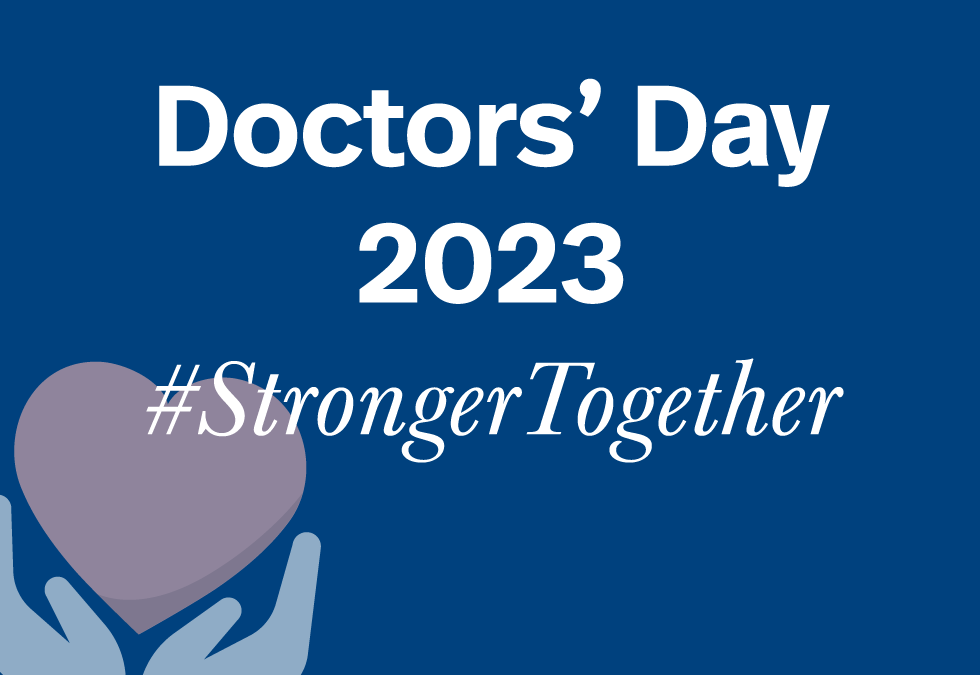Today is National Physicians’ Day and Regional Essential Access to Connected Healthcare (REACH) Niagara is celebrating doctors and the important role they have in providing care.
“Physicians with REACH work throughout the community to provide the highest quality of compassionate care,” says Carolyn Dyer, REACH Niagara Executive Director. “It is because of the meaningful relationships with our community that we are able to provide healthcare to vulnerable populations in Niagara.”
Oftentimes, members of these marginalized communities face steep barriers to accessing mental health, primary healthcare, and social intervention services. REACH Niagara is removing these barriers and bringing healthcare to where the need exists, operating clinics in shelters across the region, as well as providing care on the REACH Niagara Mobile Health Clinic, powered by TELUS Health.
Quotes from physicians who with REACH Niagara:
- “Marginalized people in Niagara, including people living with homelessness, benefit from the good work of 10 physicians, both family doctors and specialists. This is in addition to their already busy practices. REACH cares for people in Welland, Niagara Falls, St. Catharines, Fort Erie and Port Colborne, with plans to include additional Niagara communities in the future.” – Dr. Karl Stobbe, REACH Niagara Medical Director
-
“Many people in Niagara, especially those with low income, continue to have difficulties accessing health care services. The REACH service is one answer to improving access, especially for those who lack secure housing. Community health workers (CHWs) are another important answer, as they help people to navigate the health care system and improve their food and housing situations. In fact, I feel that CHWs often do more for our clients than clinicians such as myself, when it comes to improving a person’s health!” – Dr. Peter Saranchuk, Bridges Community Health Centre
- “I am always amazed at the resilience of my patients. They face seemingly insurmountable barriers within an imperfect healthcare system, and they still show up and push forward to make their health and lives better. I am grateful to be part of a team of physicians, allied health workers, and community providers who are there to support patients along their journey.” – Dr. Mo Moore
Physicians improve the well-being of patients by treating conditions they may not otherwise receive care for. Common health conditions seen by the REACH team include mental health and addictions, chronic pain; skin conditions; contraception requests; injuries such as cuts, bruises, sprains, broken bones; chronic conditions such as diabetes, heart disease and lung disease; abdominal pain; headaches; and arthritis.
Supporting REACH Niagara
If you are a physician wanting to make a difference in your community by working with REACH, please contact info@reachniagara.com.
If you are a community member, you can make an impact in a numbers of ways:
- Make a donation: https://bit.ly/3llym1g
- Become a community partner: info@reachniagara.com
About Doctors’ Day
Doctors’ Day is celebrated across Ontario each May 1 to recognize the province’s doctors and their commitment to improving the health of all patients. May 1 was chosen to mark the birthday of Dr. Emily Stowe, the first woman to practice medicine in Canada and a founder of the country’s women’s movement.
About REACH Niagara
REACH Niagara works with and operates primary care medical clinics staffed by healthcare professionals. They primarily serve people who do not have a regular family doctor, or who cannot see their doctor, with a goal to put healthcare within REACH for the homeless and marginalized in Niagara. They connect people with local family practices or Community Health Centres, mental health services, required specialist services, foot care, wound care and dental assessments. Their initial “Out REACH” began with the establishment of 2 clinics in St. Catharines shelters with regular schedule times for patient drop-ins. REACH represents a new and growing collaborative between primary care, key stakeholders across the health and social care sectors, people with lived experience, and several academic institutions, including McMaster University, Brock University, University of Waterloo & Niagara College.
